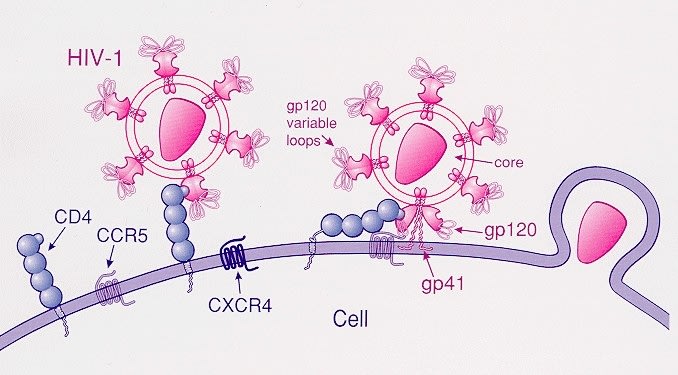WHEN Andres Moreno-Estrada began studying genetics back in the early 2000s, the high cost of sequencing DNA was the biggest barrier to understanding the role of genes in human health and disease. But with time, the problems shifted.
“Technology is no...




